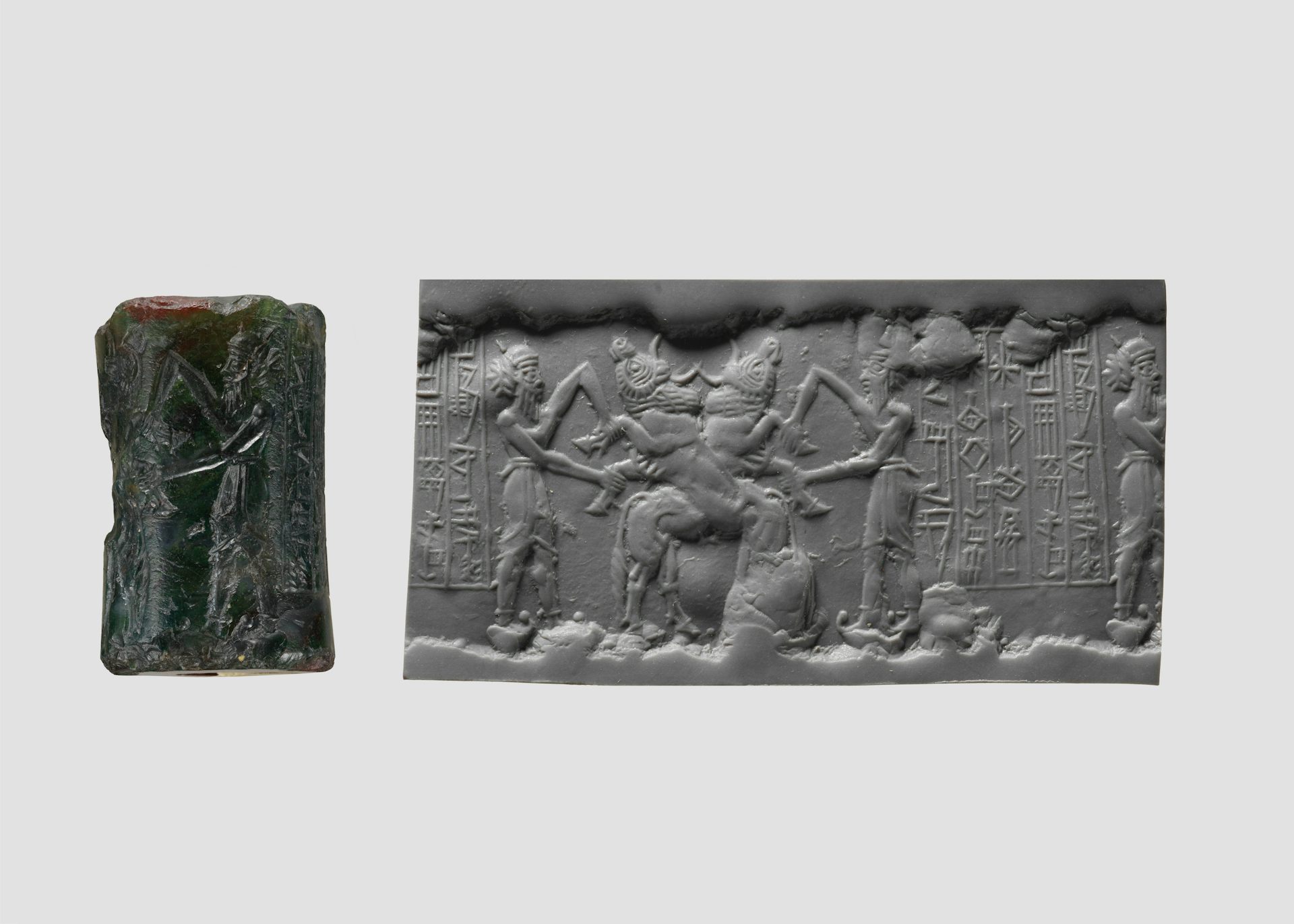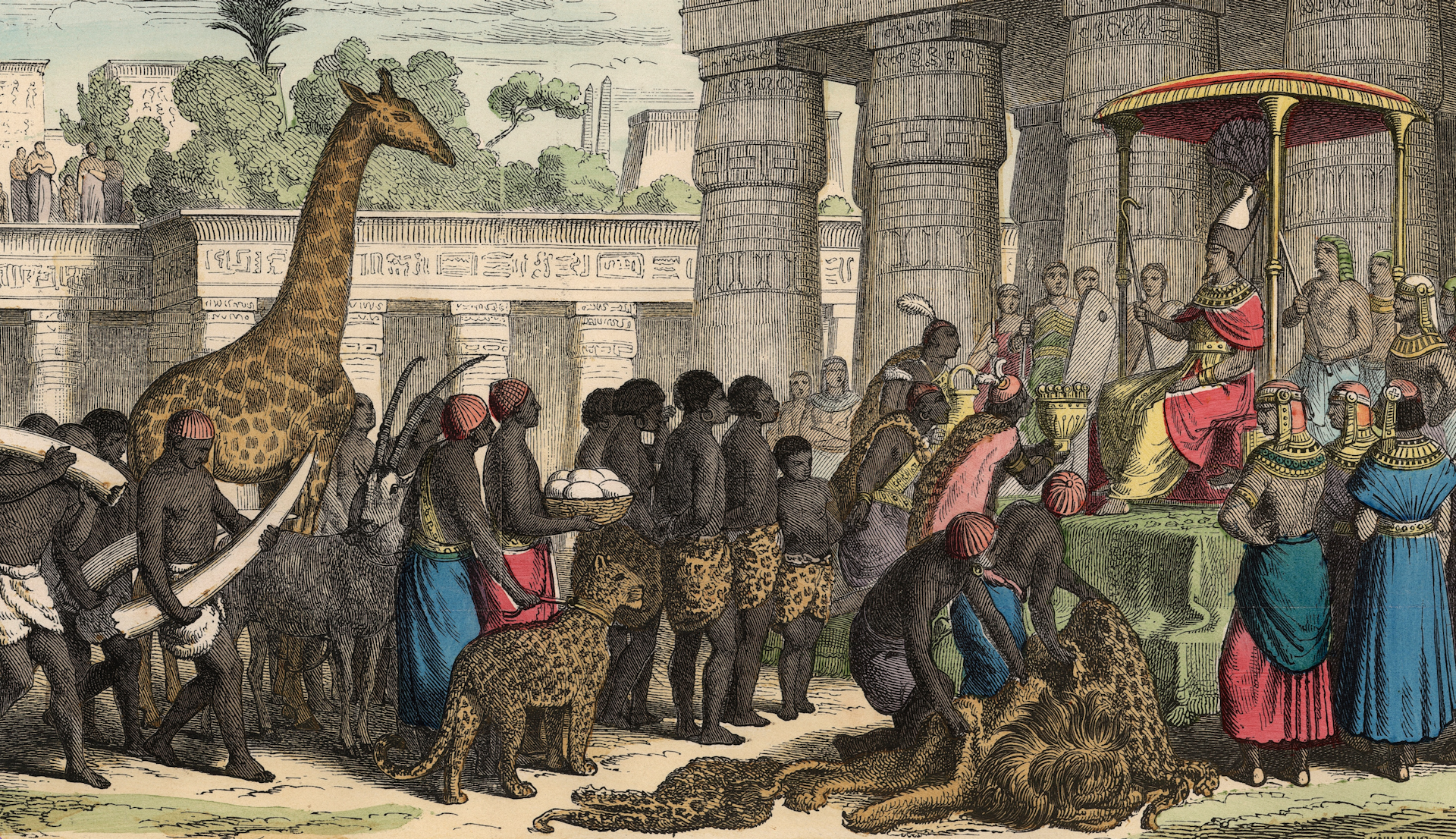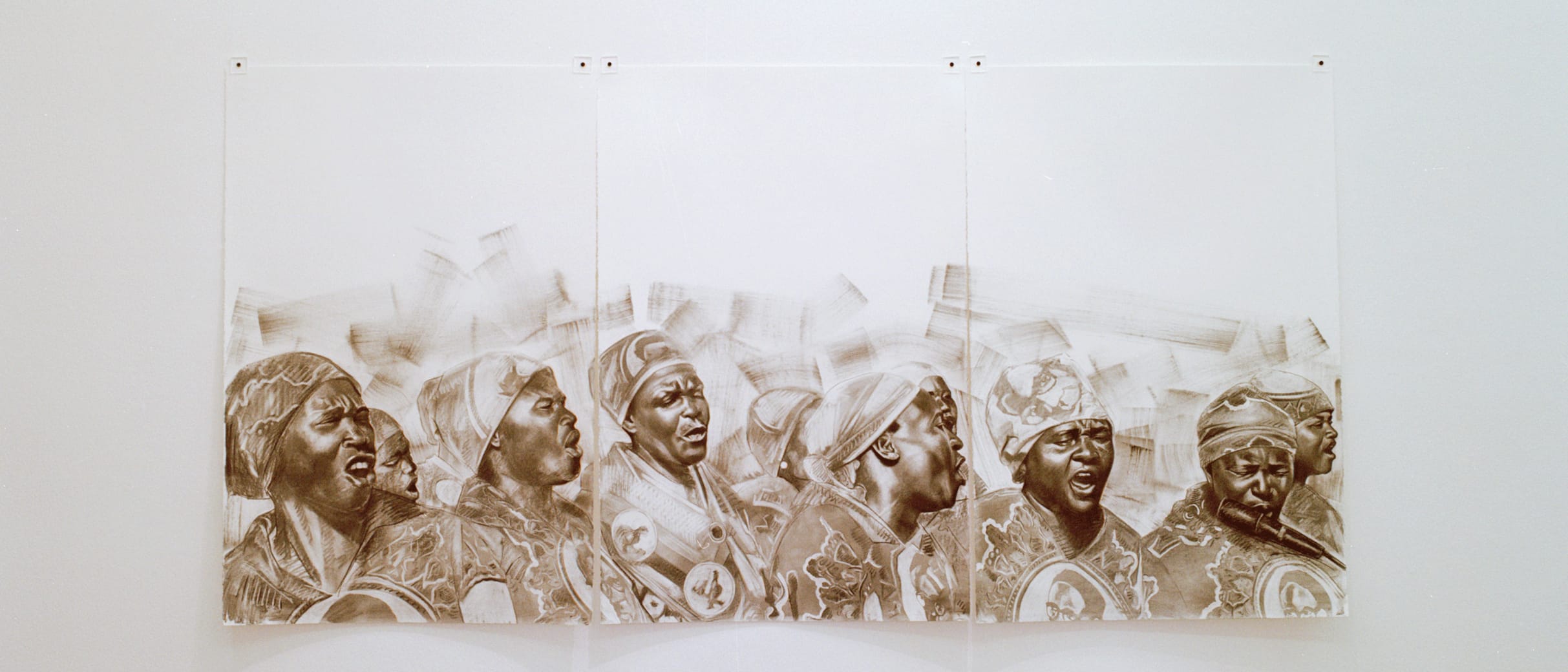On the 800th anniversary of the death of St. Francis of Assisi, founder of the Franciscan order, his body will be displayed for the first time ever in February 2026, at the Basilica of San Francesco. Millions of visitors are expected to converge in the small Tuscan town of Assisi to honor the 13th-century saint....
World
Afcon Drama: What Went Wrong and What Went Right at the Continent’s Biggest Football Cup in Morocco
The 35th edition of the Africa Cup of Nations, hosted by Morocco, produced thrills and several story lines, some good and others not so good. It ended in a victory for Senegal – their second Afcon championship. While the 1-0 victory over Morocco was deserved, the championship game ended on a sour note as fans...
Putin Takes Ukraine, Trump Takes Venezuela, So China Takes Taiwan, and While We’re at It, Why Don’t France Take Mail and Burkina Faso
In the exciting new season of international affairs, the rules have finally been simplified. After decades of tedious debate about sovereignty, international law, and postwar norms, global politics has at last been distilled into a principle simple enough to fit on a bumper sticker: If you can take it, it’s yours. Russia, ever the early...
First ‘Bible Map’ Published 500 Years Ago Still Influences How We Think About Borders
The first Bible to feature a map of the Holy Land was published 500 years ago in 1525. The map was initially printed the wrong way round – showing the Mediterranean to the East – but its inclusion set a precedent which continues to shape our understanding of state borders today, a new Cambridge study...
Signatures Meant More in Mesopotamia Than They Do Now − What Cylinder Seals Say About Ancient and Modern Life
Mesopotamians, the ancient inhabitants of the land between the Euphrates and Tigris rivers, are credited for many firsts in human history, including writing, urbanism and the state. Among these inventions, cylinder seals are perhaps the most distinctive but least known. Seals as artifacts Thousands of these tiny objects – often no bigger than 2 inches...
When Sexism Endangers Lives: In Israel, Sidelining Women Comes at the Cost of Security
The October 7th massacre and the unprecedented war in Gaza compel Israel to rethink its conception of security. It cannot afford to do so without including a gender-based analysis. After two years of missiles, hostages, and the catastrophic toll of hunger and mass casualties of civilians in Gaza, Israel’s society is exhausted. After the war...
Pharaohs in Dixieland – How 19th-Century America Reimagined Egypt to Justify Racism and Slavery
When Napoleon embarked upon a military expedition into Egypt in 1798, he brought with him a team of scholars, scientists and artists. Together, they produced the monumental “Description de l’Égypte,” a massive, multivolume work about Egyptian geography, history and culture. At the time, the United States was a young nation with big aspirations, and Americans...
African Art Gets a Global Stage in Johannesburg
Amid a shifting cityscape, artists, cultural workers, and the Continent’s oldest art fair have forged an inspiring path forward Johannesburg’s art scene is a picture of paradox. It is gritty and resilient, but also filled with energy and excitement. It has continuously thrived in the absence of institutional support and infrastructure. While facing the same...
Establishing Power Through Divine Portrayal and Depictions of Violence
Today a desert – as far as the eye can see. However, anyone looking more closely will discover hundreds of images carved into the rock. This ancient Egyptian graffiti attests to the fact that a new claim to sovereignty emerged here on the periphery over 5,000 years ago. One of these kings was known as...
The World Learned the Wrong Lesson From Hiroshima
Reflections on the atomic bombing of Hiroshima on its 80th anniversary. Eighty years ago today, the United States dropped an atomic bomb on the city of Hiroshima. Approximately 80,000 people were immediately killed, and tens of thousands more died in the months and years that followed. The bomb virtually wiped Hiroshima from existence. Paul Tibbets,...










